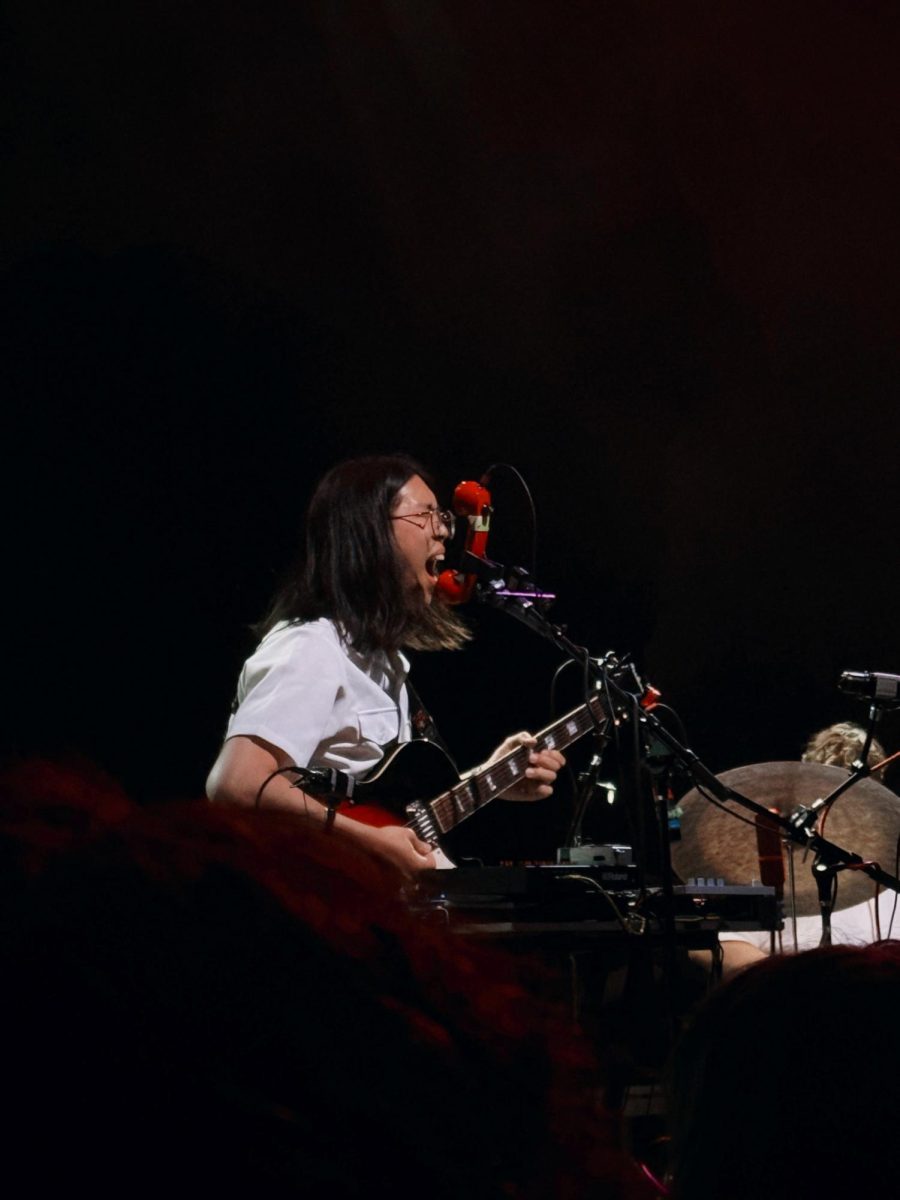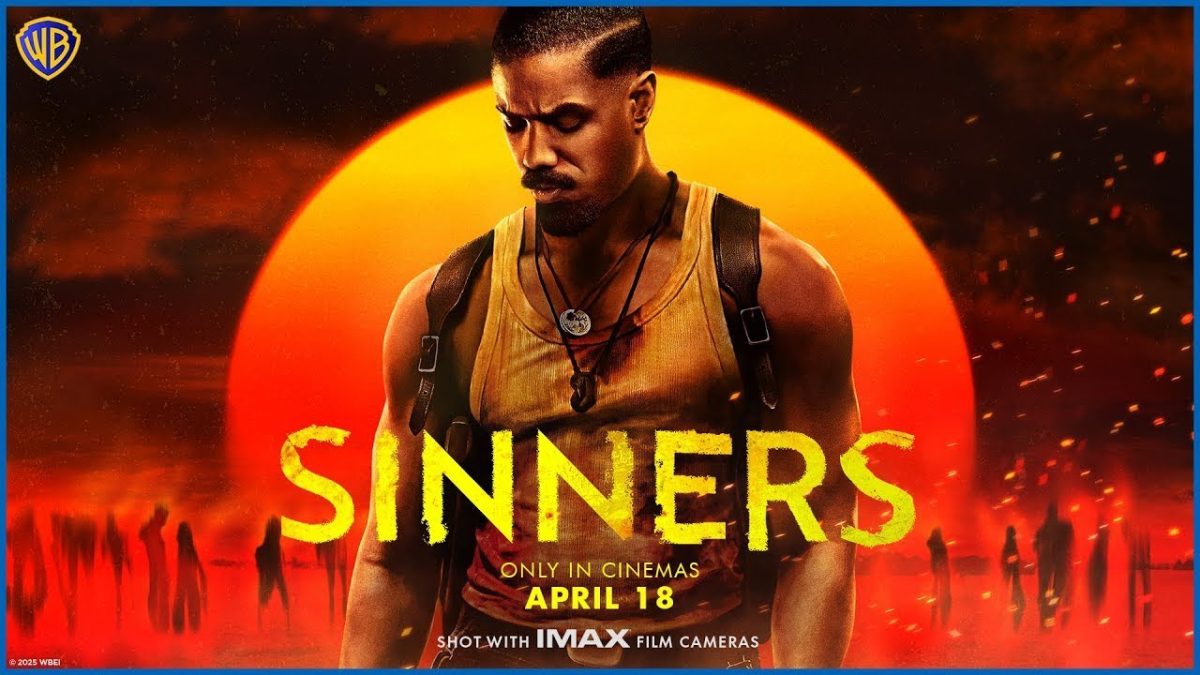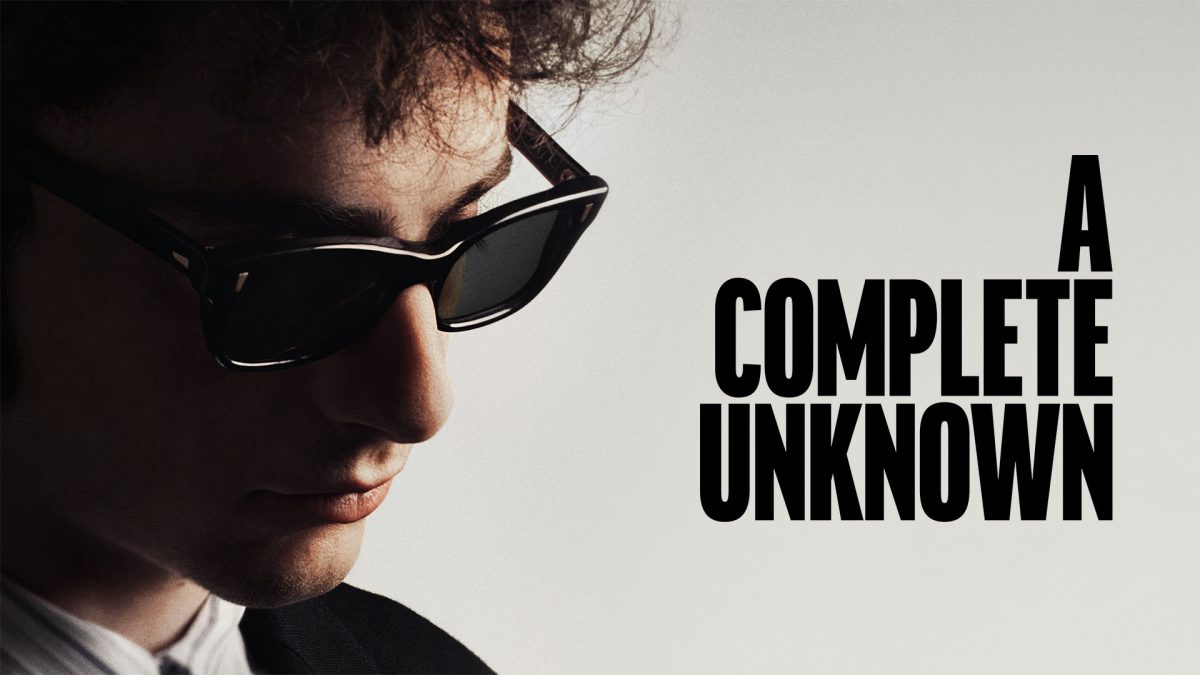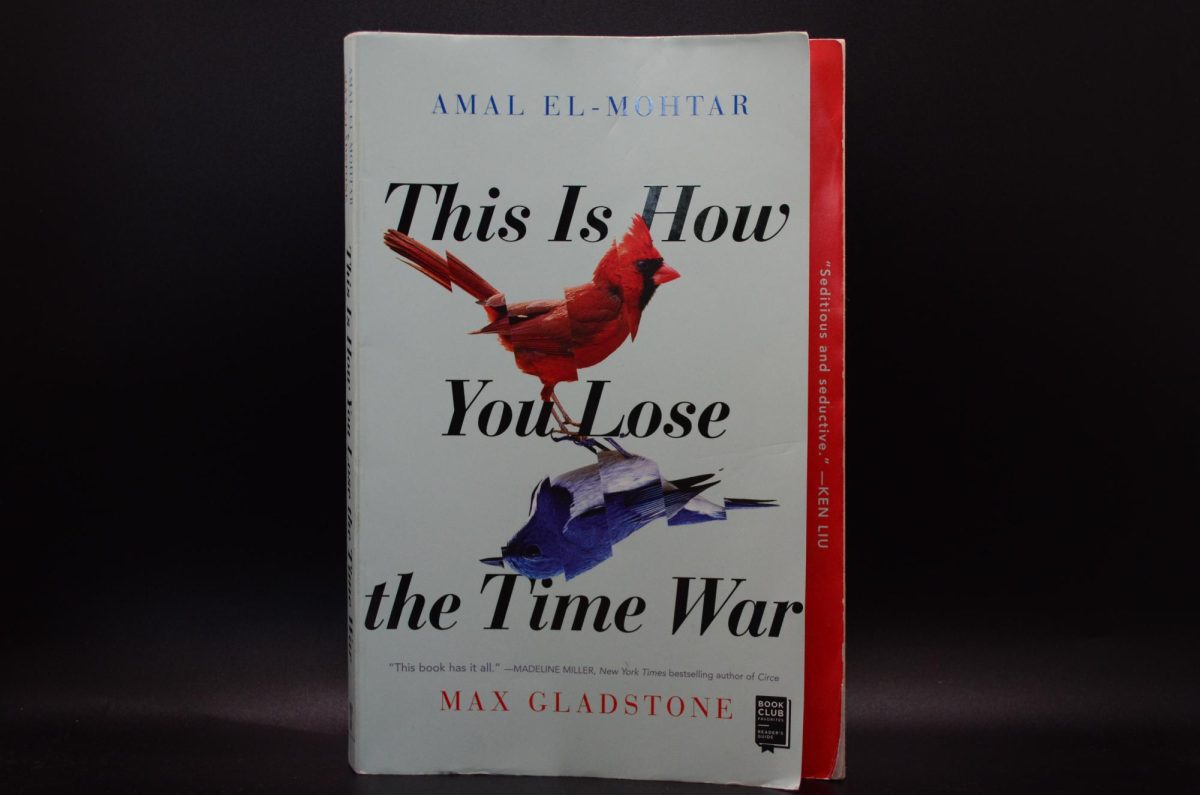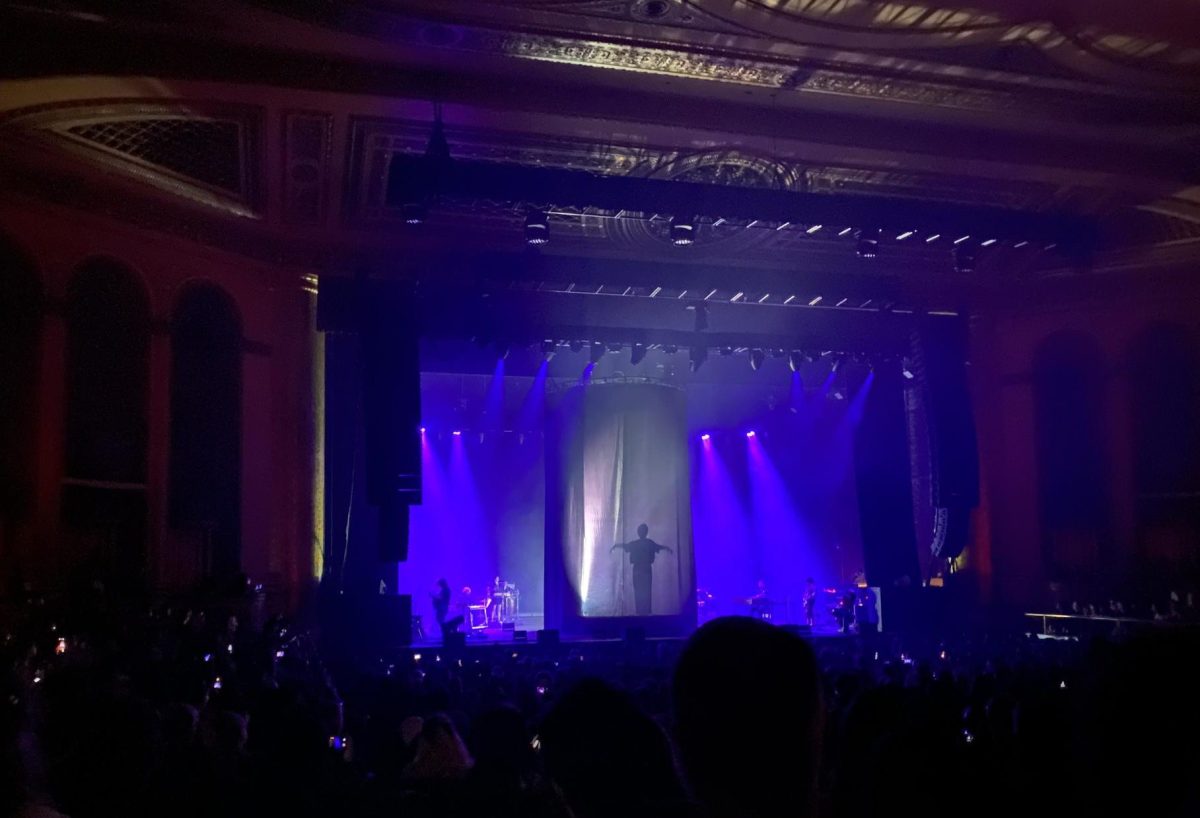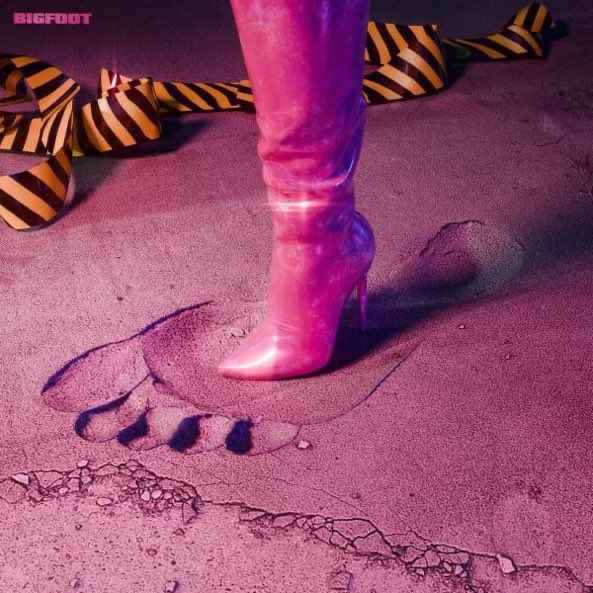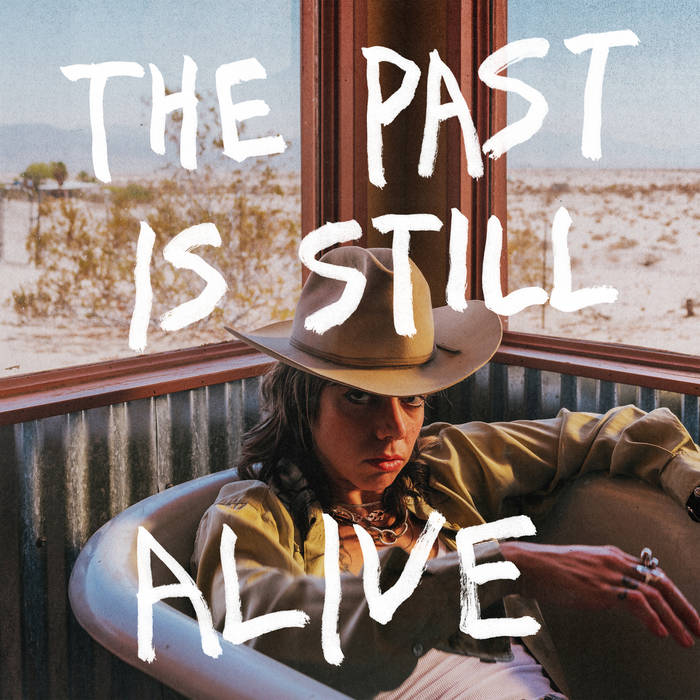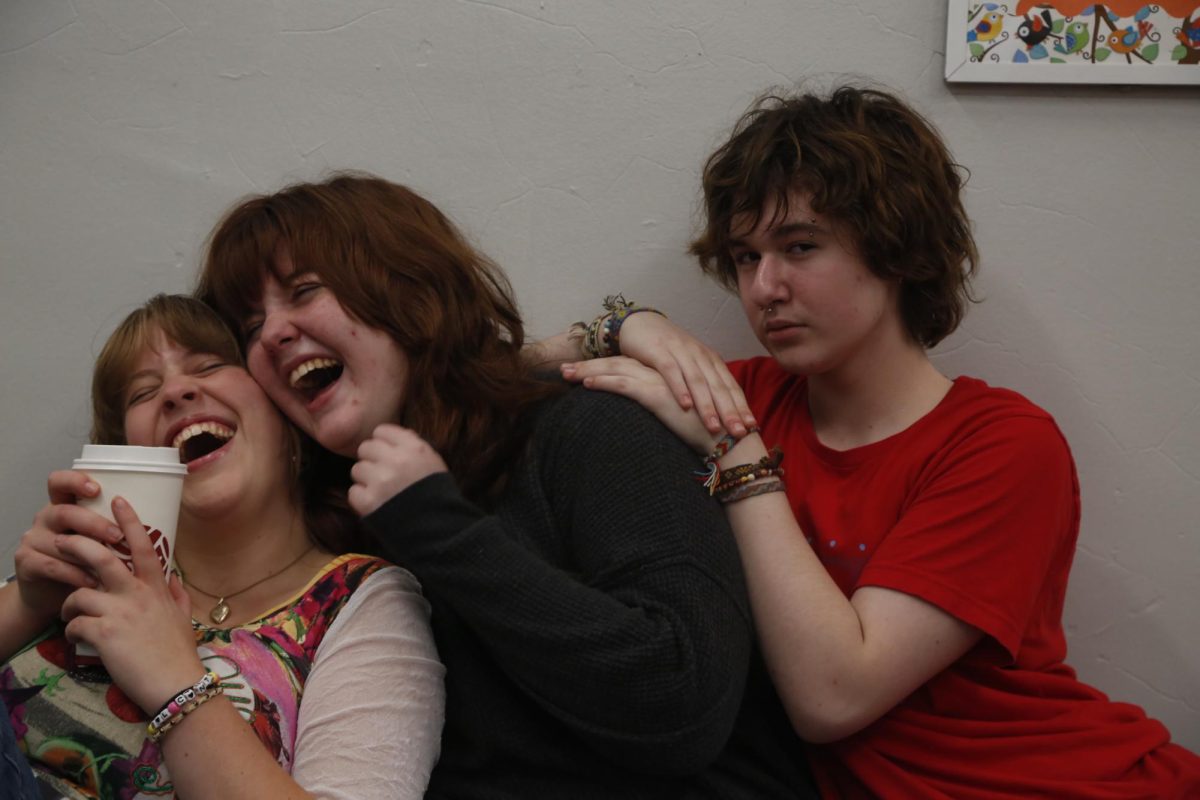
Ever since he was but a young Ann Arbor boy of four, Alex Johnson has been compelled toward music. Every day, he would take out his dad’s Beatles records, put them on the record player, and jump all around the room, basking in the sweet sounds of rock and roll. Today, thirty-six years later, he owns and teaches at the Ann Arbor Music Center, a haven for music education. The programs range from private lessons in guitar, bass, drums, voice, piano and keyboard, saxophone, harmonica, clarinet, violin, viola, cello and ukulele, to full workshops in the art of being in a rock band, hence the Music Center’s second name: Rock Band School.
Johnson commenced his guitar-playing journey at age nine. “I bought a really crappy guitar at a neighbor’s garage sale for ten dollars, and I started my guitar lessons, on my guitar that was not…fit to be played. My first guitar teacher was a great guy, though like a lot of guitar teachers, didn’t really have a lesson plan or goal set in mind… I learned a few songs, and I learned a few chords, and I learned what a bar-chord was, and what a blues scale was and I started messing around on the guitar and writing songs. This was around the time of the hostage crisis in Iran, which was during Jimmy Carter’s administration, and I wrote a protest song about it. I was like ten, not understanding any of the politics I wrote about, and that was the beginning of my career.”
He continued into the story behind his very first musical project: “I put together a band with the neighborhood kids, one of whom claimed to be a drummer, and he had a snare drum. Two of them were bass players, brothers from across the street, and I came up with this clever arrangement, when one side of the room would play chords going up, and the other side would play chords going down. And so, the progression would start on G major on one side, B major on the other, and they would meet in the middle on A major, and then criss-cross, where the side going up would end on B major and the other side on G major, and it was really a hideous cacophony.
“After spending middle school just playing the middles of songs, we didn’t do the intros, outros, or have a singer, so we just played the ‘guitar solo’ part of the song,” he laughed. “By then we had a drummer who had a whole drumset, and only one bass player now, one of the two, in fact, that we’d started with. But, as I was going into ninth grade at Community High, this underground punk thing was happening, in the 80s, really taking the attention of all the kids. So we’d have half the band saying ‘We wanna play hardcore thrash,’ and the other half saying ‘We wanna be The Rolling Stones.’ So, two of us went one way, two of us went the other. And I continued to experiment, and my chord voicings got more sophisticated and my structure of verse and chorus got more clearly defined. Although I became a more sophisticated songwriter, I still didn’t really know what I was doing. I might play some crazy chord voicing and I knew that it was some kind of E chord, cause it started on E, but I didn’t know what kind.”
After going through more guitar teachers, hoping for some musical enrichment (but rather finding that most guitar teachers had no idea of how to fill in the gaps for him, a fourteen year old who could move his fingers around the fretboard, but had no systems, no language), he continued to search for the music theory he so drastically needed.

He found it at Community High School. “Community High used to have a very small semblance of a choir. We had an eleven-person choir [directed by Betsy King]. Betsy King taught me music theory, taught me how chords were made, we were doing this with our voice. She would talk about scales, and how the notes came from scales, I finally understood it! I saw the light!”
He learned the theory linearly as on a piano keyboard, in his 1983 Community High choir class, then applied it to the guitar.
“It wasn’t until after high school, I was eighteen years old, I took the jazz guitar class at Washtenaw Community College with John Lawrence, and he’s still there, since twenty two years ago.” he said. “Not only did he give me the confidence to dig deeper into the guitar and insight into chord voicings, a better understanding of the mechanics of jazz, which is really important to any guitarist’s big picture; I realized that an understanding of at least the basics of jazz was fundamental to a deeper understanding of the fretboard of the guitar and more advanced chord systems, more advanced harmony, melody. So, while that didn’t lead me to jazz studies specifically, it opened my mind to a lot of things. It allowed me to gel together the information that I had… John Lawrence was such an inspirational teacher, he inspired me to teach.”
Johnson then recalled the day he officially became a teacher. “I was in a guitar store, playing a guitar, trying out a guitar, and the manager of the store came up to me and said ‘Hey, do you teach?’ And I was opening my mouth to say no, when my friend Lee said ‘Yes, he does, he’s an excellent teacher, and he’s looking for a job!’ My friend Lee takes great pride that he butted in on that conversation, because I have been teaching ever since.”
He soon became the most popular teacher at that guitar store, filling sixty slots on his schedule. “[Yet] as I looked around, few of the teachers working there really had a sense of how to teach guitar. The typical lesson scenario was:
1.) Student arrives to lesson.
2.) Guy in room says ‘Hey, dude, what do you wanna learn?’
3.) Student says ‘I wanna learn this song.’
4.) Guy in room proceeds to teach song with no enrichment, no teaching of scale, or key or chord progression, no study of technique at all.
“So after four years of teaching at a guitar store with no standards, no guidance, and no unified program, I decided to strike out on my own.”
He started to teach guitar to a few students out of his apartment, and worked a day job in sales at a computer company, where he learned a great deal about owning a small business. But when the dot-com bubble burst he thought, “What am I going to do? My clients are all going out of business. I know, I’m gonna teach guitar again, but this time, I’m gonna do it right.”
With him, he had two folding chairs, a music stand, an amplifier, and a guitar. He rented out an eleven-by-eleven foot room in the Technology Center that once stood where the YMCA now stands. He set up shop to teach guitar and bass in that room with his childhood friend, Dave McWilliam, who set up a drum kit and taught drums. They kept no hours, and they had one landline phone, the number of which has remained the same since day one. They took out an ad in the yellow pages, and that, coupled with a bit of word of mouth, gave him a full schedule, working all day, every day. “I hadn’t made a business yet, I had made a job for myself.” Johnson said.
He started holding rock band workshops with his students, “which was what I really wanted to do,” he said. “I would get a group of my students together, and one of their drummer friends, and hold these rock band workshops. It was pretty cool, teaching kids how to play together in bands. It really answered a bunch of their questions, helped them to move forward as musicians.” The program grew, and he rented the room next door, in the coming months, the room next to that.
He named his enterprise the Ann Arbor Music Center “because it sounded big, established, like it had been around since The Gandy Dancer, as old as the university,” he said. It soon raised problems, such as people calling, asking for trumpet valve oil or wanting to buy concert tickets. “I would have to say ‘We don’t sell those, but do you need any guitar lessons? So maybe I could have chosen more wisely, but at least the phone was ringing.”
He marked the day that his band program became official, the day his new business became the Rock Band School. “One day the phone rang, and I picked it up,” he said, “ and it was a woman saying ‘I have a twelve year old son looking for bass lessons. What do you offer?’ I said ‘Well, our students take two lessons a week, one is a private instrumental lesson, and the other is a rock band class, where they learn to apply the skills they learn in private lessons and learn how to rehearse, how to work with people.’ And she replied ‘That’s perfect, that’s just what my son needs, sign me up.
“Anyways, someone at the Ann Arbor News caught wind of what I was doing and asked to write an article on what I was doing – Ann Arbor Music Center, Rock Band School. So this very talented writer wrote a page and a half in the Ann Arbor News in August of 2003. That article was such a hot property, and the phone rang and rang and rang.”
The program grew more, and Johnson then realized that “this little improv bit I did on the phone had taken on a life of its own, and this is what I’m going to be doing.” The program outgrew the three rooms they had, and moved into an old house on South Main St, and was there for five years.
Alex and his partner Karen King (who runs the entire business side of the program) have now moved into what was once a music store many years ago on Ashley St., with many more instructors on staff, and nearly five- hundred students. The future is bright for the Ann Arbor Music Center and its students.
Photos by Jordan Siden




